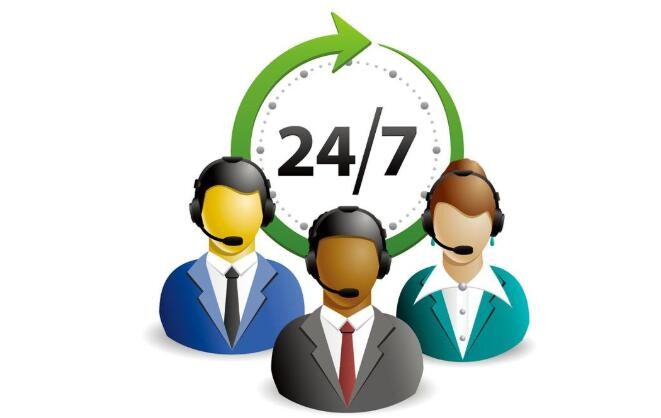This article focuses on exploring the numerous expressions for quantities in English. It begins by providing an overview of the article, followed by a detailed discussion in four aspects. The first aspect discusses expressions for small quantities, the second aspect explores expressions for large quantities, the third aspect examines expressions for indefinite quantities, and the fourth aspect delves into expressions for specific quantities. Finally, the article concludes with a summary of the various expressions for quantities in English.

Expressions for quantities are essential in communication to convey information accurately. In English, there exist numerous expressions that can be used to describe quantities, ranging from small to large, indefinite to specific. This article will delve into these various expressions and provide a comprehensive understanding of how to describe quantities effectively.

In English, there are several expressions commonly used to refer to small quantities. Firstly, the term "a few" is used when there is a small number of something, such as "I have a few apples left." Secondly, the phrase "a handful of" is often employed to indicate a small amount that can be held in a hand, like "He gave me a handful of nuts." Another expression for small quantities is "a couple of," which implies a small, indefinite number, such as "I need a couple of minutes to finish." Furthermore, "a bit" is frequently used to describe a small amount, as in "Could you add a bit of sugar to my coffee?"

The concept of small quantities can also be expressed using specific numbers. For example, "one or two" signifies a small number, usually not exceeding two. Moreover, the phrase "a dozen" is used to represent a quantity of twelve, typically referring to items that come in a set, such as "Can I have a dozen donuts, please?" Lastly, "several" is an expression used for more than just a few but still indicating a relatively small quantity, e.g., "I have several books on that topic."

When discussing large quantities in English, various expressions are commonly utilized. Firstly, the term "a great deal of" or "a large amount of" is used to refer to a significant quantity, as in "She has a great deal of experience in that field." Similarly, the phrase "a considerable number of" emphasizes a substantial quantity, such as "There are a considerable number of people attending the event."

Another expression often employed for large quantities is "countless." This term suggests an immense quantity that cannot be accurately counted or expressed numerically, as in "There are countless stars in the sky." Additionally, "a multitude of" indicates an enormous number, indicating a significant amount, e.g., "A multitude of problems arose during the project."

The English language also provides expressions for describing indefinite quantities. One widely used phrase is "a lot of," which implies a large or significant amount but does not specify an exact quantity. For example, "He has a lot of friends." Another expression is "plenty of," which denotes an abundant or sufficient amount, as in "We have plenty of food for the party."

The term "a number of" is used to indicate an indefinite but potentially large quantity, such as "A number of people attended the conference." Similarly, "a handful of" can also be used to describe an indefinite amount that can be held in a hand, e.g., "He grabbed a handful of marbles."

In English, there are expressions designed for specifying quantities precisely. For instance, when referring to an exact quantity, one can use phrases like "exactly," "precisely," or "specifically." For example, "I need exactly three cups of flour for the recipe." Additionally, the term "only" can be employed to emphasize an exclusive or limited quantity, such as "We have only five tickets left for the concert."

Specific quantities can also be expressed using numerical terms. For example, stating "three-quarters" indicates precisely 75%, while "one-third" represents a ratio of 1:3. Furthermore, decimals and fractions can be used to specify exact quantities, like "0.5 liters of milk" or "3/4 of an apple."

In conclusion, the English language offers numerous expressions for quantities that allow precise and effective communication. From small to large quantities, indefinite to specific, a range of expressions exist to suit various contexts. Whether it is describing small amounts with "a few" or emphasizing vast quantities with "countless," mastering the numerous expressions for quantities in English is crucial for accurate and concise communication.
标题:英语中数量多的表达方法(Numerous Expressions for Quantities in English)
地址:http://www.hmhjcl.com/zhongyangkongdiao/117776.html

